‘More than a Backpacking Trip’: Outdoor Action Celebrates 50 Years
Alumni OA leaders gather to reminisce and talk about the program’s future
Since 1974, Outdoor Action has relied on the utilitarian tools of camping trips — backpacks, tarp tents, headlamps, and generous bags of gorp — to build community among students and train future leaders. More than 130 former trip leaders gathered on campus in late September to celebrate the program’s first 50 years and talk about its future.
Rick Curtis ’79, who has directed OA since 1981, collected an array of memorabilia for the event, including a 10-page typewritten memo that outlined the program’s launch in 1974.
“Students frequently identify a feeling of isolation on campus today,” Steve Boehlke ’70, then Princeton’s assistant dean of student affairs, wrote in his proposal. “Individuals move from dormitory room to classroom to library with little social interaction along the way. … The Outdoor Action program will stimulate new relationships among members of the University community in a context removed from the routine and ritual of campus life.”
Revisiting the document, Curtis was struck by its prescience. “This language still applies today, you know?” he said. “Now it’s social media and cell phones [that are] contributing to the isolation, but it’s still applicable, 50 years later.”
The same can be said for Boehlke’s vision for OA’s potential: “Frosh trip” blossomed into a Princeton phenomenon, drawing more than 25,000 participants since its inception, and its success helped to spark Community Action and Dialogue and Difference in Action. Small-group experiences are now a universal part of freshman orientation.
At the heart of OA’s philosophy, Curtis said, is the idea of “challenge by choice.” A typical frosh trip will include a range of challenges and opportunities, and each participant has the agency to decide what they’re ready to try.
“If you provide the right tools and learning and support, people are like, ‘Oh, I was able to do that. You know, I didn’t think I could do that,’” Curtis said. “And that I think is a great metaphor, as a way to start Princeton.”
Holly Zindulis ’05, a former OA leader who is now a high school English teacher, said she values the lessons of her trips as a participant and leader — working towards a common goal, learning to communicate effectively, and making decisions together. Being out in nature, she added, “changes your sense of scale. It has a way of putting personal challenges into perspective.”
A remarkable number of frosh trip participants — roughly one in 10 — pursues OA leader training. Peter Bregman ’89, who has built his career around advising corporate and government leaders, traces his path back to the “collaborative leadership” he witnessed on his first leader training trip. “It was deeply uncompetitive,” he said. “Every part of it was about ‘How can I work together with you?’”
OA leader training aims to be inclusive, Curtis said, following the fundamental idea that “leadership is something that everybody can learn.” Simon Porter ’01 said that’s particularly valuable at Princeton, where freshmen might feel like they have to give up some of the activities that defined their high school experiences. A former soccer star might not be varsity material, or a soloist might fall short in a cappella auditions.
“OA is the exact opposite,” Porter said. “Anyone who wants to be part of OA can be part of OA.” He knows from experience. In a few short years, he went from never spending a night in the outdoors to leading trips and then training trip leaders.
Elena Olivi ’07, who came back to campus from Kenya for the OA anniversary celebration, said she made the trip to show her gratitude for the program and for Curtis, a “one-of-a-kind human being.”
Curtis first encountered OA as an undergrad and returned to lead it two years after graduation, so he said he either knows or knows of every trip leader in its history, a cohort that now includes about 3,700 alumni.
In Olivi’s view, the skills of leader training — problem solving, collaboration, adapting to change — carry over into life after graduation. “These sorts of things, you don’t learn them in a classroom — you learn them, in my experience, from being in the outdoors with a team,” she said. “So I think that sort of thing makes OA even more critical than it ever was before.”
After enduring the pandemic, which reshaped frosh trips for two years and disrupted the pipeline of trip leaders, OA is looking ahead, adding more to its “OA+” schedule of trips on weekends and breaks throughout the academic year. The anniversary event included a group discussion of OA’s next 50 years — a conversation that Curtis expects will continue.
Zindulis told PAW that the weekend reaffirmed the program’s wide-ranging impact.
“My hope is that University administrators and the University community realize what a tremendous gift to the school OA really is,” she said. “It has given so much to so many Princetonians. It is so much more than a backpacking trip or a camping trip.”


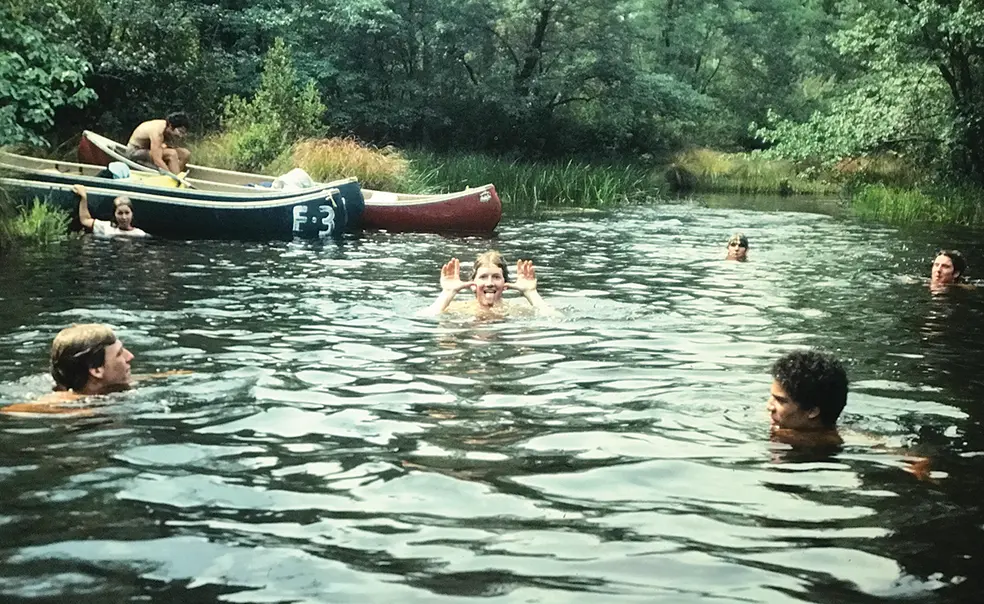
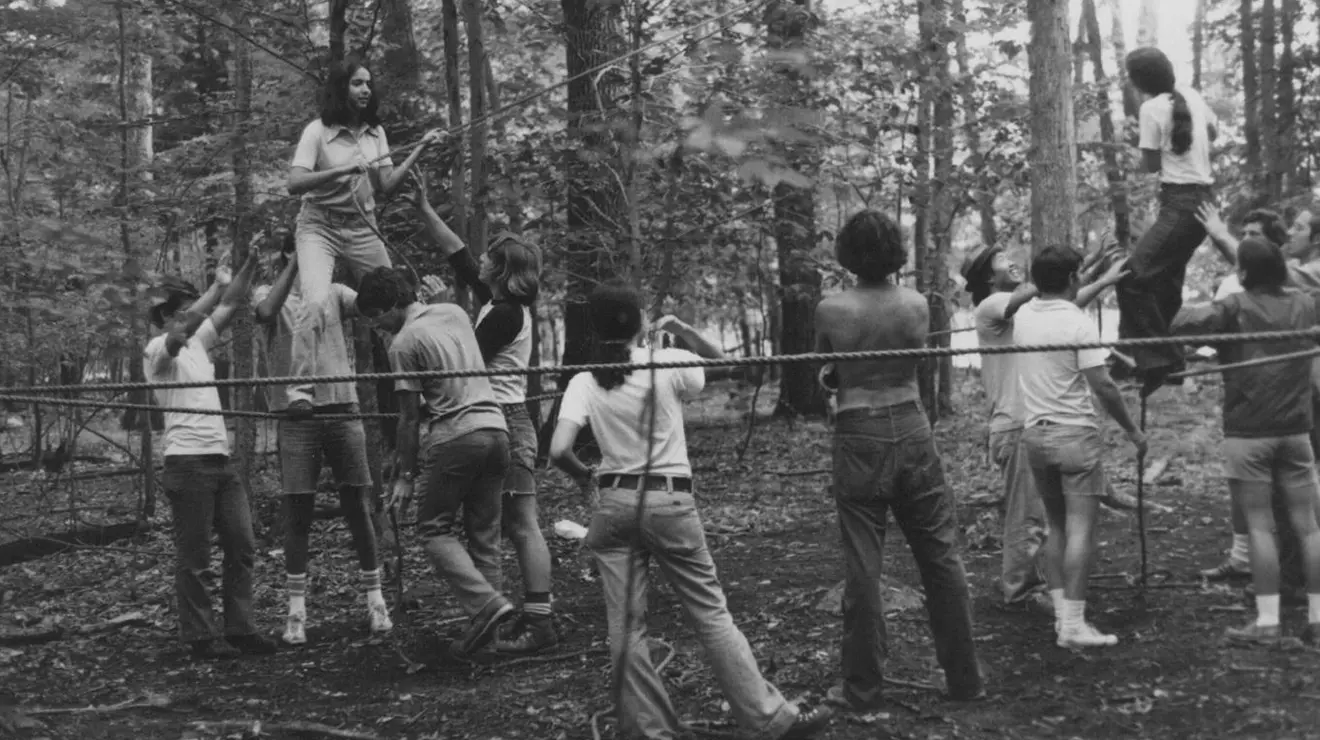
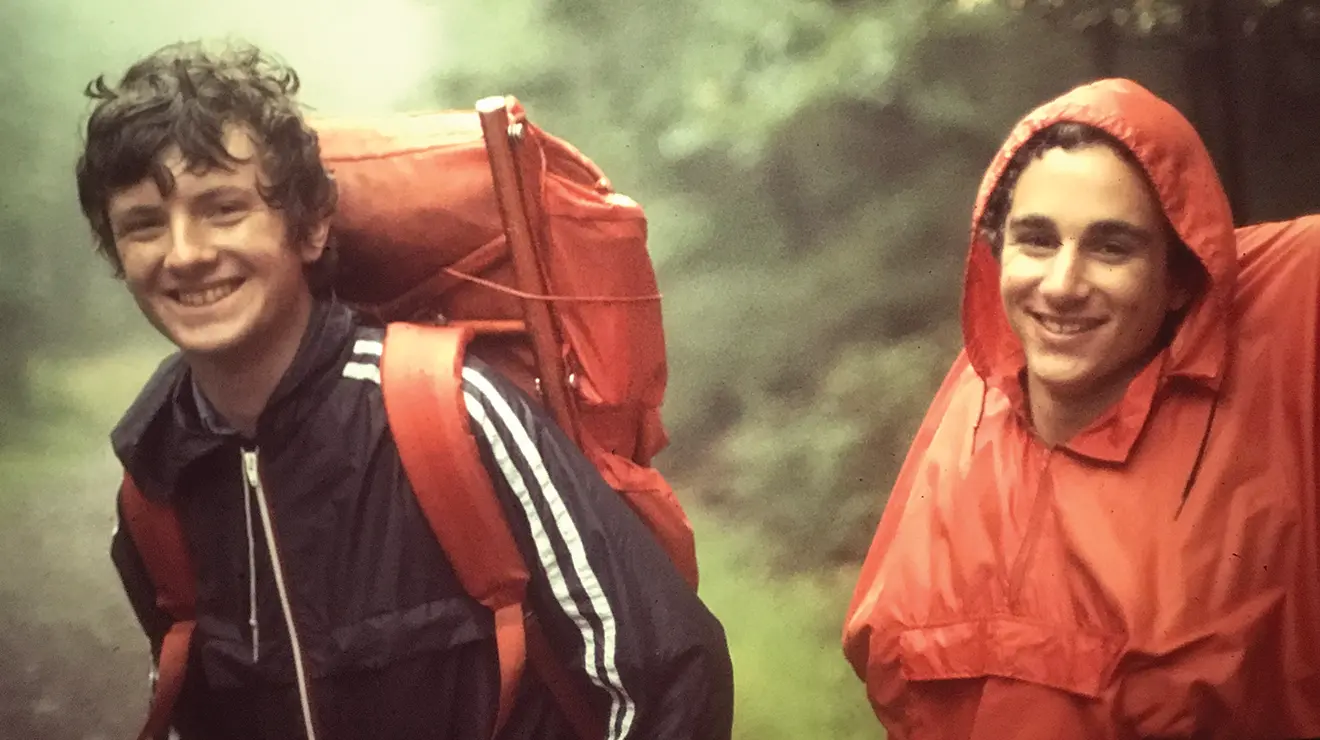
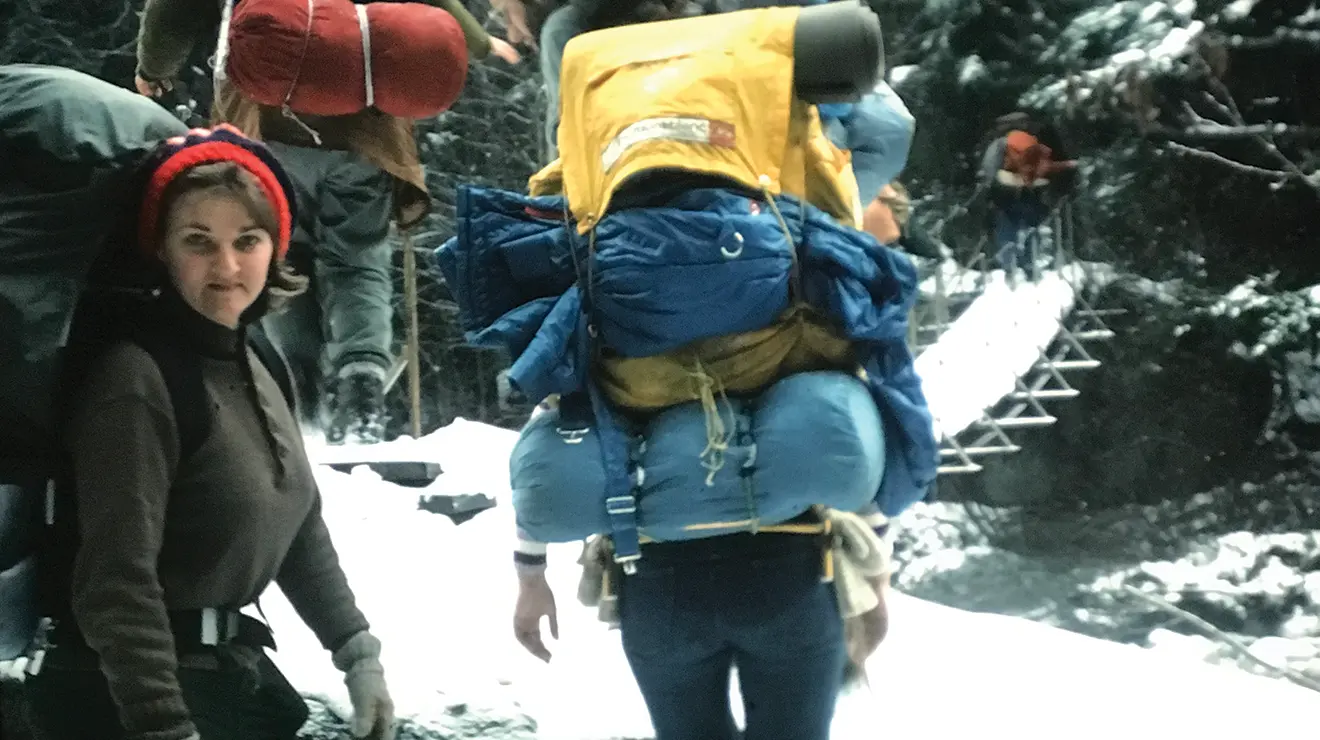
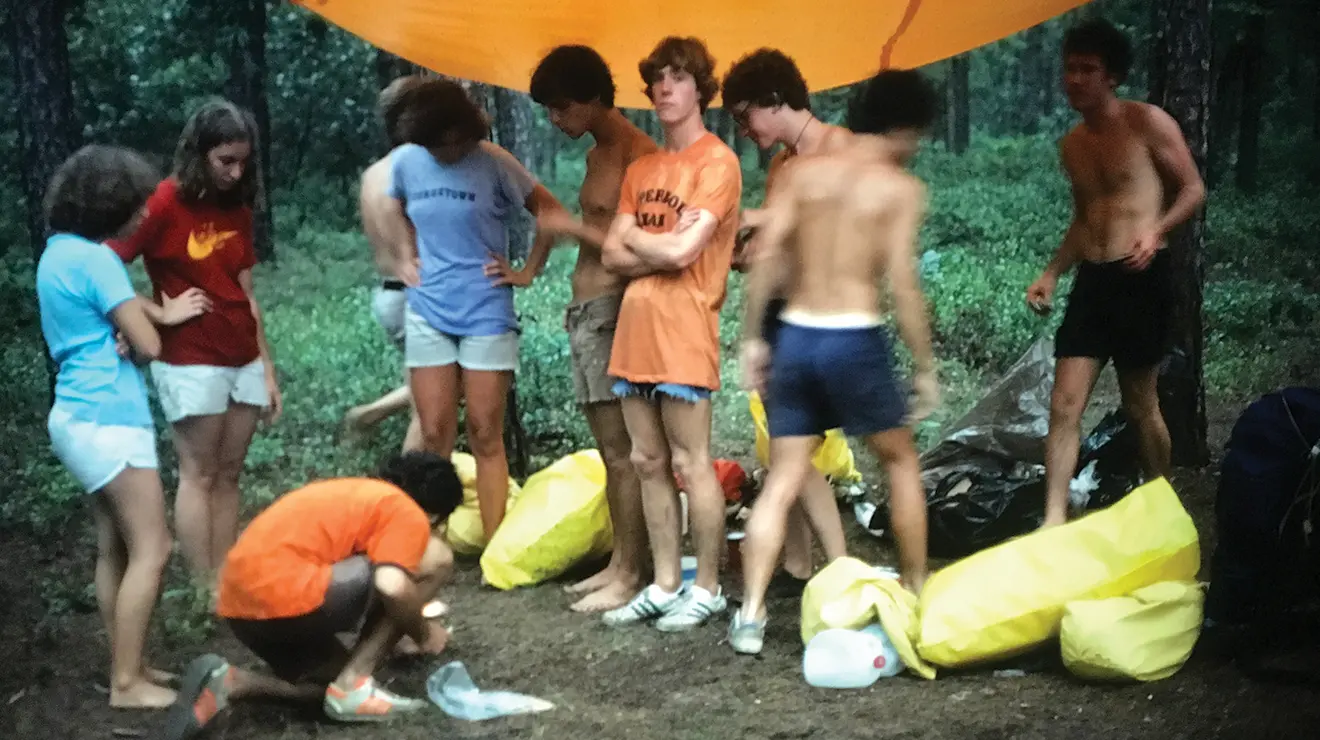
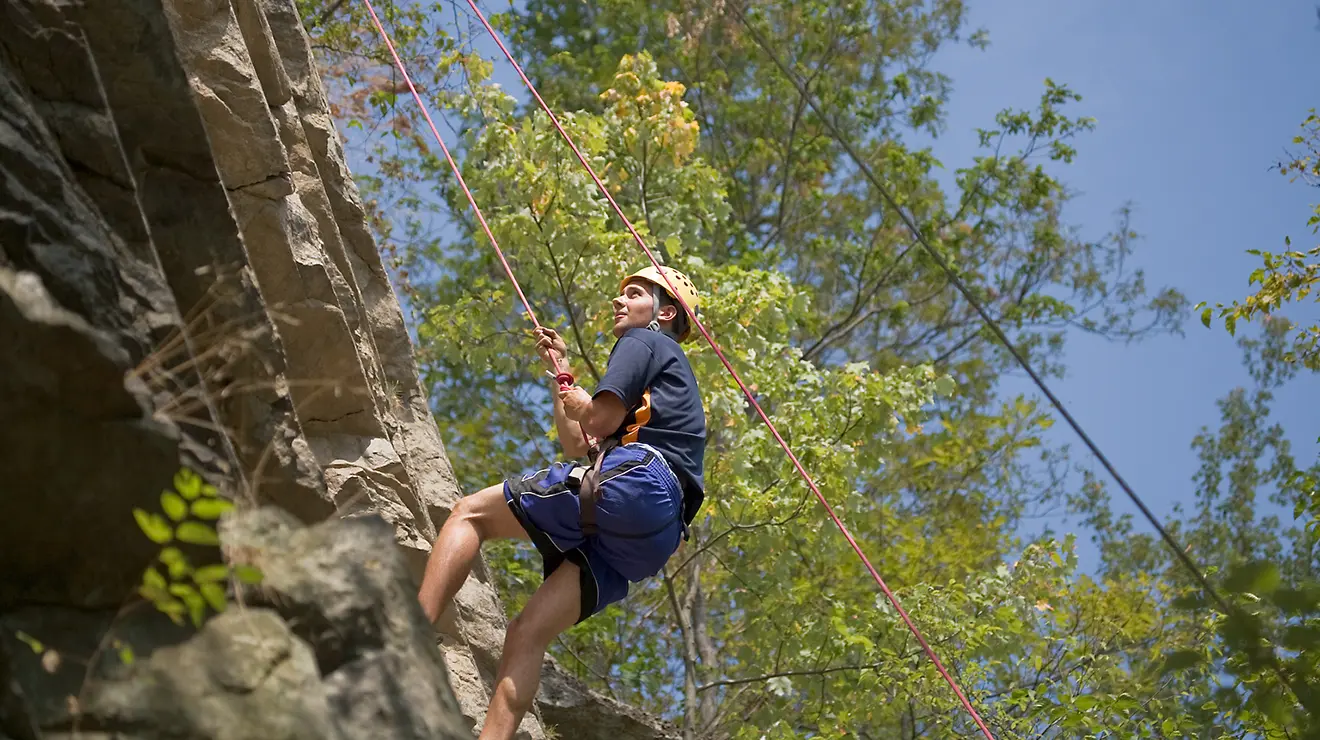
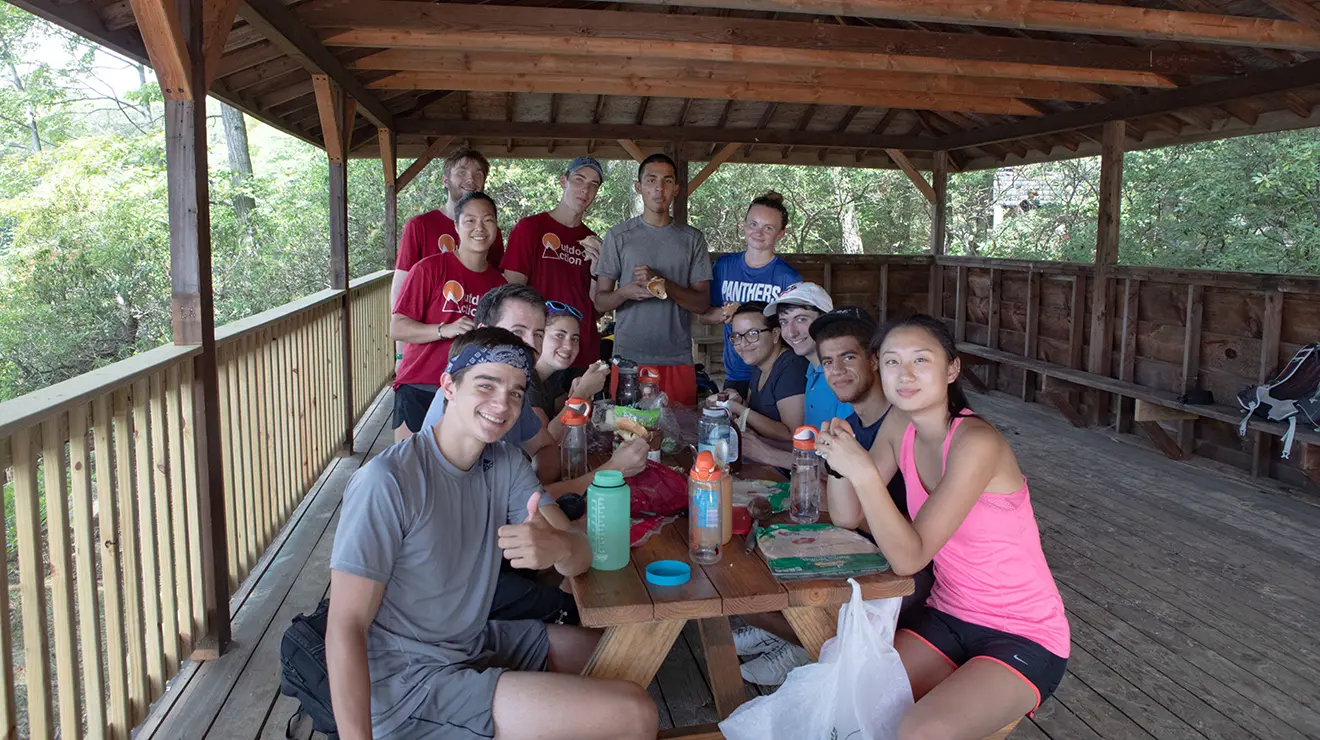
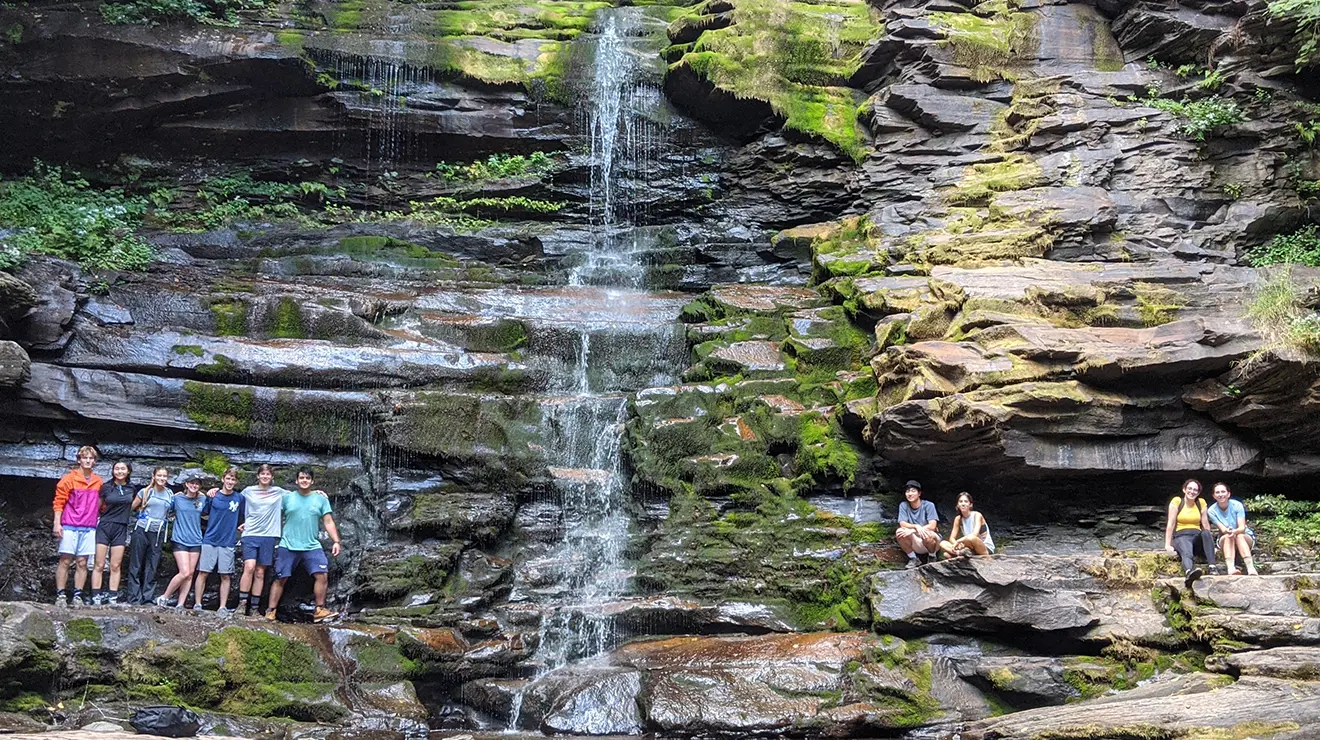









No responses yet